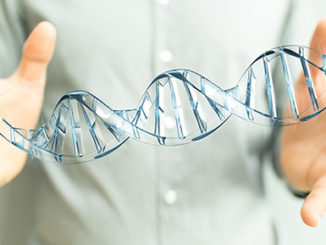Cut Out the Hype: Gene Editing With CRISPR and the Truth about Superhuman ‘Designer Babies’
Stories about a mysterious tool that can cut out and replace genes have crept out from behind the lab walls and entered boldly into the public spotlight. Nowadays, CRISPR is everywhere. And we can’t help but let our imaginations wander, especially when the questions posed by this novel gene editing technology come straight out of a sci-fi movie. Can we edit out bad genes that cause diseases in humans and replace them with healthy ones? Might parents be able to [more…]





